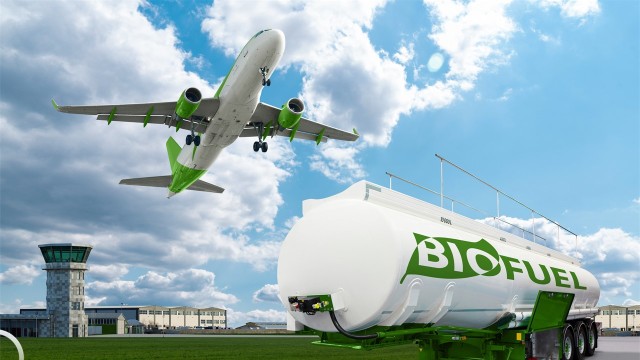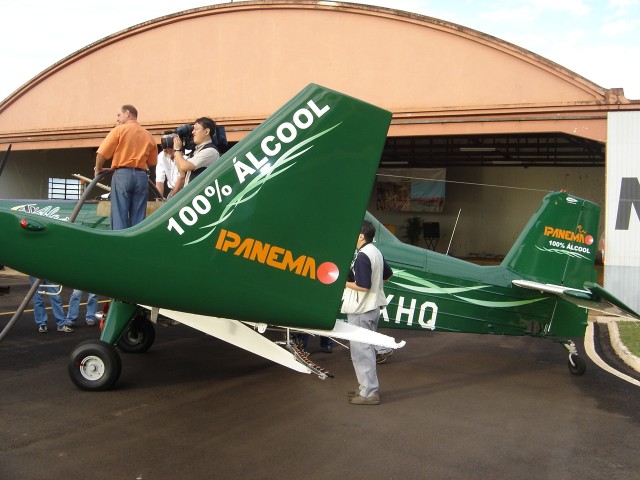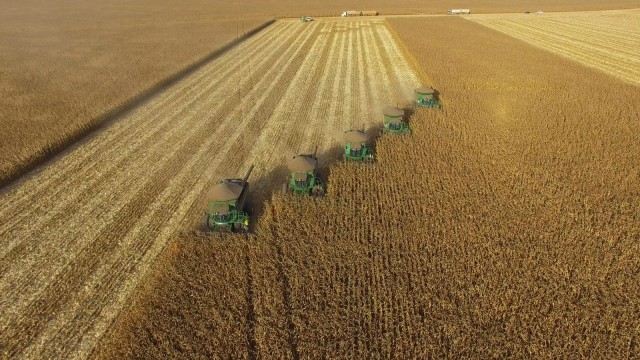Exhibition category
Contact address
| Address | Rua Funchal, 418 – 14° andar – Conjunto 1402 Vila Olímpia, São Paulo/SP CEP: 04551-060 |
|---|---|
| Telephone | 551130934949 |
| URL | https://unica.com.br/ |
| comunicacao@unica.com.br |
Main exhibits 1
Ethanol and Biomethane for SAF
Nine biofuel production pathways are certified by American Society for Testing and Materials (ASTM) to produce SAF, which perform at operationally equivalent levels to Jet A1 fuel. By design, these SAFs are drop-in solutions, which can be directly blended into existing fuel infrastructure at airports and are fully compatible with modern aircraft.
One of the most promising routes is alcohol-to-jet (ATJ), which uses ethanol as its base. This route has been identified by experts as the only viable solution in the short term to meet the international aviation target of carbon neutrality by 2050. Ethanol is a renewable, available, and efficient solution to complement different technologies, considering the context of each region. With increasingly sustainable production and reduced emissions, ethanol is a key element in building the new era of sustainable mobility.
Brazil is the second largest ethanol producer in the world. In the 2023/2024 harvest, which includes the months of April/2023 to March/2024, 35.3 billion liters of this biofuel were produced. Of these, 6.2 billion were produced from corn, while 29.1 billion were produced from sugarcane. In the transportation sector, ethanol supplies around 45% of the light vehicle fuel market every year. The use of biofuel since the introduction of flex technology - in March 2003 - until December 2023 has allowed the country to avoid the emission of more than 660 million tons of CO2eq.
Despite the size of the sector, the area of Brazilian territory used to grow sugarcane and corn for ethanol production is around 1.1%. In addition, the use of sustainable production practices means that Brazilian ethanol is among the cleanest in the world, even compared to other renewable sources.
With raw materials available for ethanol production and the possibility of sustainable growth in productivity, Brazil has the potential to contribute to the diversification of energy sources in Japanese air transport.




